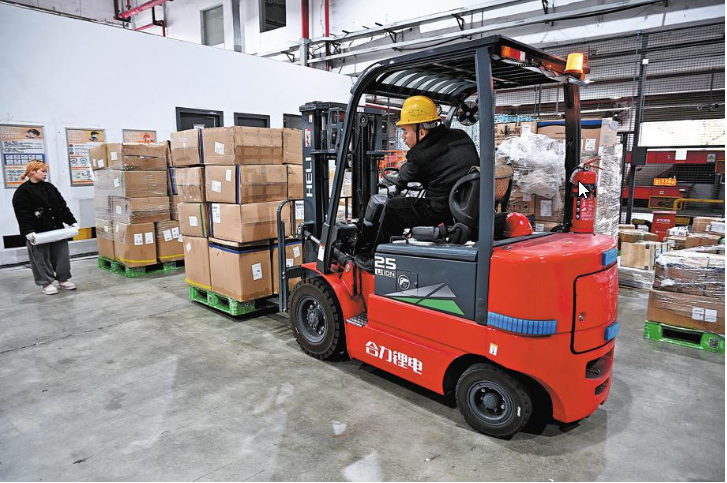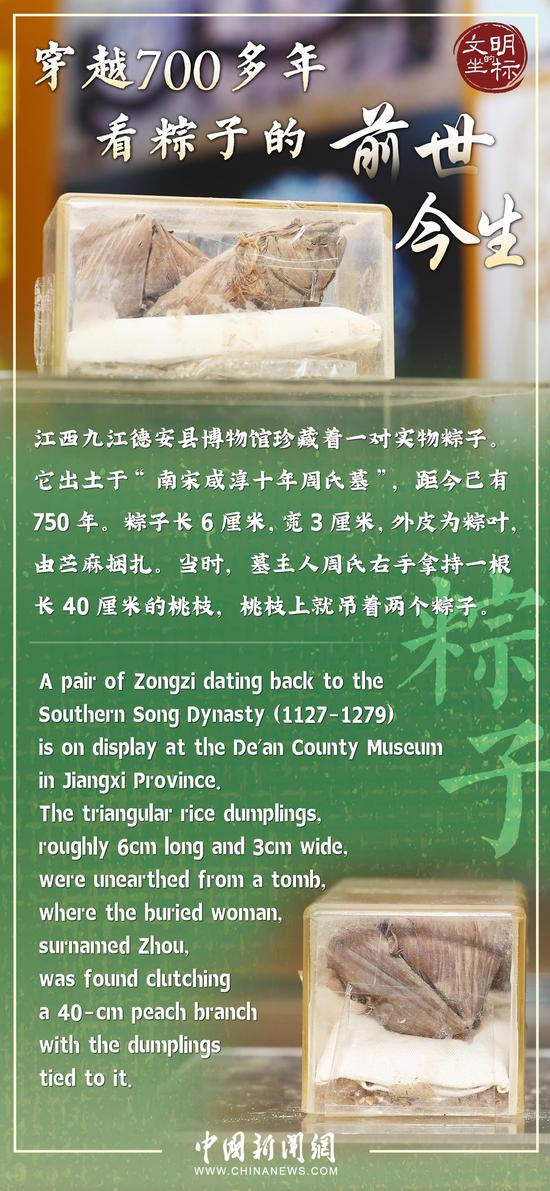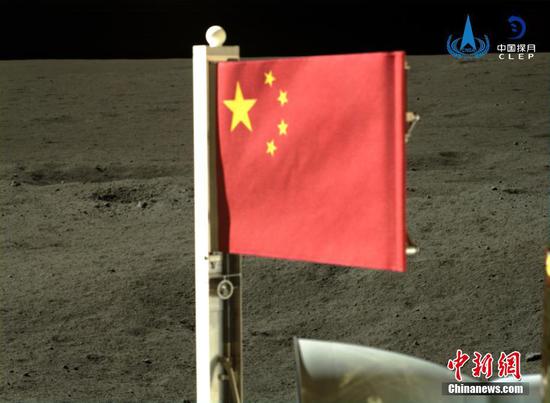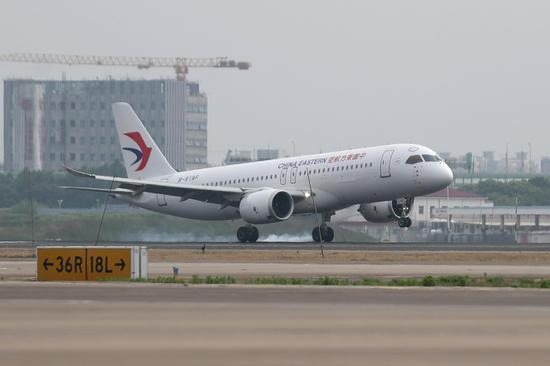
Workers transport export-bound cargo at a logistics center in Shanghai in January. (CHINA DAILY)
By constantly monitoring market changes and collecting consumers' real-time feedback, these platforms can make accurate predictions, while the flexible supply chain model is conducive to upgrading entire industrial chain, ranging from design and development to production, warehousing and logistics, Zhang added.
Data from the Ministry of Commerce showed that the import and export scale of the country's cross-border e-commerce transactions reached 577.6 billion yuan in the first quarter, up 9.6 percent year-on-year. E-commerce exports stood at 448 billion yuan, up 14 percent on a yearly basis.
Other Chinese cross-border online retailers are speeding up their globalization push. Temu, the cross-border e-commerce platform launched by Chinese online discounter PDD Holdings, has gained popularity among consumers overseas as it offers a wide selection of merchandise, including apparel, consumer electronics, jewelry, shoes, bags, cosmetics and baby products at competitive prices.
First launched in the U.S. in September 2022, Temu has entered more than 50 countries in North America, Europe, Asia and Oceania. Experts said Temu's business model removes middlemen from the equation, allowing Chinese suppliers to sell directly to U.S. consumers and ship directly from China, instead of building a network of U.S. warehouses.
PDD announced plans to help China's manufacturing enterprises widen their global reach in September 2022. Currently, Temu has covered more than 100 manufacturing industrial belts in Zhejiang, Guangdong, Shandong and Anhui provinces.
The platform provides one-stop services including cross-border logistics, operations, promotional activities, after-sales services and legal affairs, while manufacturing enterprises just need to produce and ensure the quality of products.
Chen Lei, chairman and co-CEO of PDD Holdings, said the company hopes to leverage the supply chain capacities it has accumulated over the past years to create a new channel that enables consumers from different countries and regions to directly purchase products from factories, providing more flexible and personalized supply chains and more cost-effective shopping experiences.
The company has continued to invest in areas such as agricultural and supply chain technology, and core research and development capabilities, Chen said. PDD reported that its total revenue rose a whopping 131 percent year-on-year to 86.81 billion yuan in the first quarter.
Li Mingtao, head of the research institute at the China International Electronic Commerce Center, said Chinese cross-border e-commerce platforms can help establish a direct and definitive connection between manufacturers and consumers by applying advanced digital technologies such as big data, cloud computing and artificial intelligence.
"Many Chinese traditional manufacturers have gained an upper hand in production and quality control, but lack experience and capabilities in sales and operations, making it difficult for them to enter overseas markets," Li said.
He added that manufacturers should better learn about and grasp the needs of consumers via these platforms, adjust production in a timely manner and reduce inventory, which will be conducive to improving the competitiveness of Chinese manufacturing enterprises on the global stage.
Cindy Tai, vice-president of Amazon and head of Amazon Global Selling Asia, said Chinese sellers who sell products abroad through Amazon's overseas marketplaces have maintained steady growth in the past year, adding the company will ramp up efforts to help Chinese merchants build brands, simplify global operations, optimize global supply chain services, expand their global footprint as well as scale up localization inputs this year.
Data from Amazon showed that the number of Chinese sellers on Amazon's global sites, each with sales exceeding $1 million, increased by more than 25 percent year-on-year from October 2022 to September 2023.
"Price, quality and service are the most important factors consumers consider when buying products, and cost-effective goods have shown some obvious advantages amid global economic downward pressure," said Chen Tao, an analyst at internet consultancy Analysys in Beijing.
Looking ahead, the competition among cross-border e-commerce platforms will be focused on the supply chains. "For Shein and Temu, one of their core competitiveness factors lies in products with competitive prices and fast delivery, which are highly dependent on the establishment of supply chains," Chen said.
"Chinese manufacturers should make full use of cross-border e-commerce platforms to quickly capture demand in overseas markets, learn more about relevant laws, regulations and quality standards in these countries, and adjust supply chains to make products that meet local requirements," said Cui Lili, director of Shanghai University of Finance and Economics' Institute of E-commerce.


















































 京公网安备 11010202009201号
京公网安备 11010202009201号